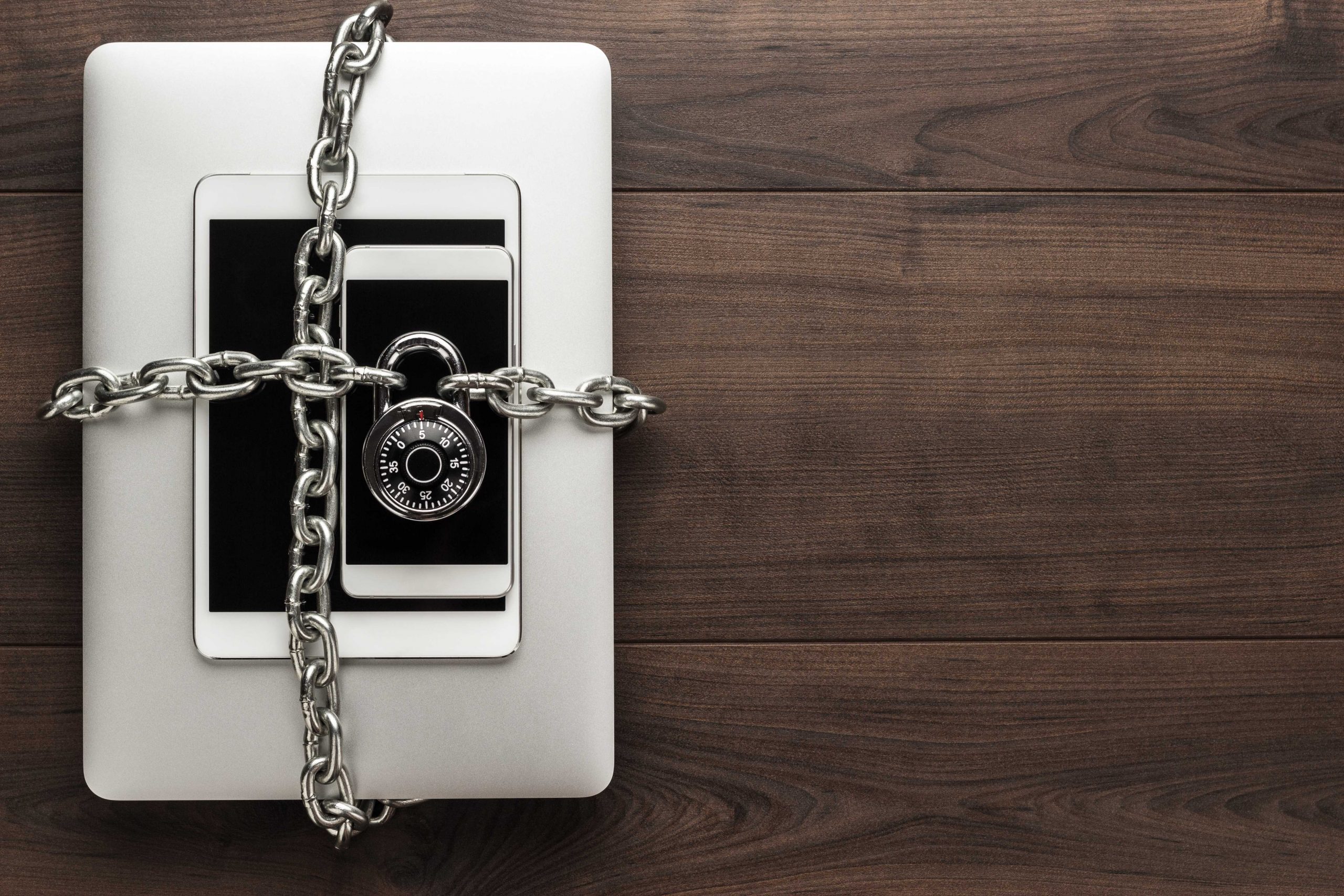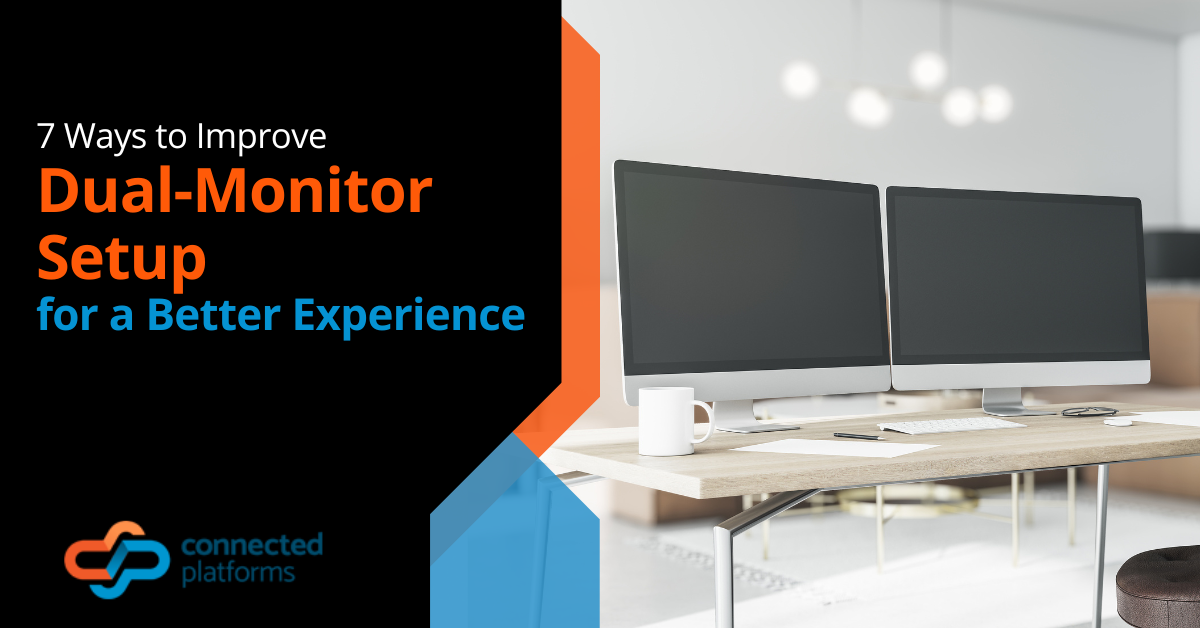As the world becomes increasingly connected and digitally transformed, data security in business continues to become more and more important, to the point of even being mission critical for some organisations. Not too long ago, eligible types of data breaches became notifiable in Australia, increasing the legal liabilities faced by business owners. The importance of data security in business, simply cannot be overstated in 2021 and likely for a long term future.
Continue reading to learn more about data security in business, or if you would prefer to let professionals help you with data security in your organisation, call Connected Platforms on (07) 3062 6932, get in touch online or claim your FREE IT health check now, to find out the truth about digital security in your business today.
Why is Data Security in Business so Important?
The Australian Government Office of the Australian Information Commissioner regularly releases reports on notifiable data breaches. From July to December 2020 we saw 539 data breach notifications issued in Australia, when compared to the previous period of January to June 2020 this amounted to a 5% increase. Data breaches in business can be costly in many ways from attracting legal liability through financial penalties and costs, to loss of customer trust and irreversibly damaged reputation.
Does Your Company Need Business Data Encryption?
The purpose business data encryption is to protect it from theft. Whether your organisation collects and stores sensitive information or not, you should still consider securing your data appropriately. There are several scenarios that apply to most modern day businesses where opting in for business data encryption would be prudent:
You could be excused to think you are safe if you have strong and unique passwords and PIN numbers but consider what might happen if you lose an unencrypted device. Although a password may be required to unlock it, an unencrypted hard drive (or other storage device) may be taken out and placed in another machine in order to read the information it stores. Investing in business data encryption makes your info much more secure because it would have to be first decrypted to be accessed.
What is the Average Cost of a Security Breach to a Small Australian Business?
Data breaches are becoming more frequent, bigger, and expensive every year. According to Australian Government’s Department of Infrastructure, Transport, Regional Development and Communications’ infographic, 33% of businesses experienced a cybercrime and 60% of all targeted attacks were aimed specifically at small and medium sized businesses. The average cost of a cyber crime attack on an Australian business is reportedly in excess of a quarter of a million dollars. This makes both general cyber security awareness, as well as business data encryption, measures a key aspect of operating a business in the digitally connected world of 2021 and beyond.
Call us on 07 3062 6932 and ask us about our range of managed IT services and small business IT support or request a FREE IT Health Check now to learn more about how we can help to prepare your business for the threats of an increasingly digital world.




